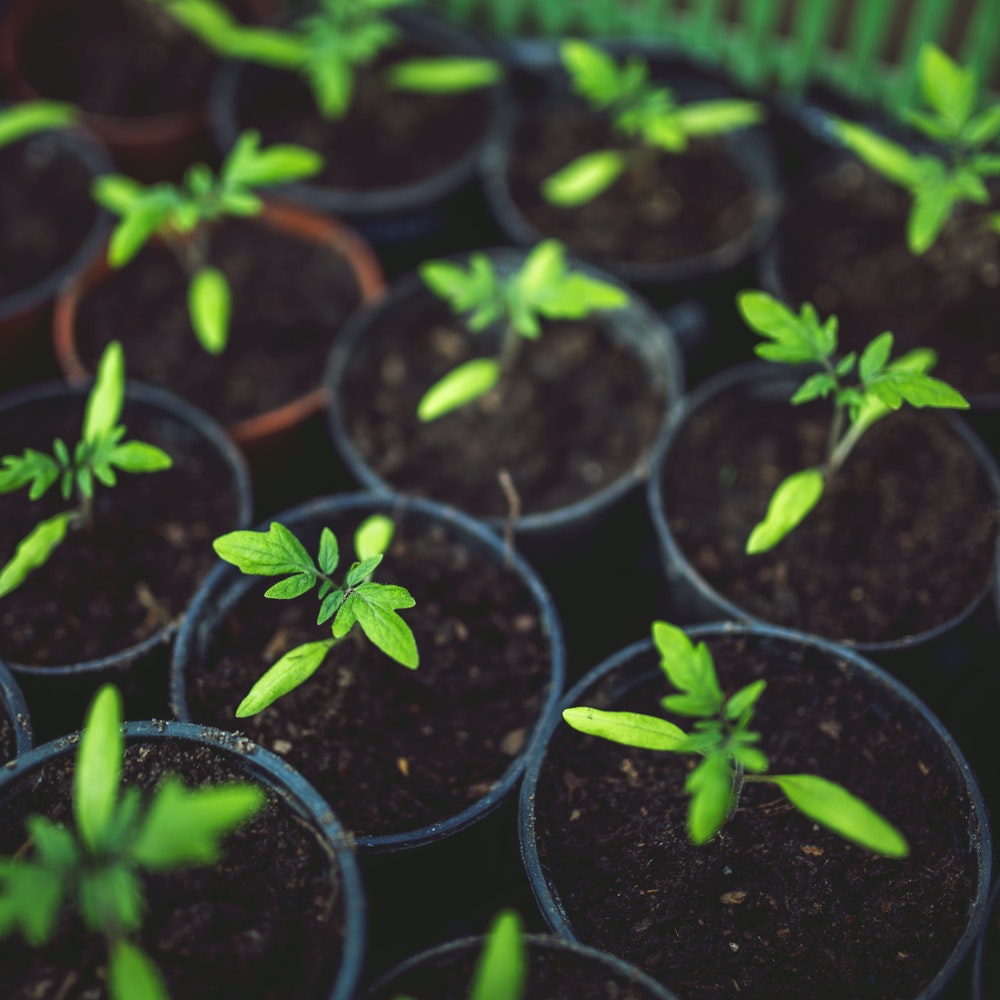
Minding Our Mother Earth
We spend our entire lives on planet Earth--but how often do we actually think about her? Practicing mindfulness creates space to hold the planet at the center of our existence. This way of being present calls in to question what we consume and what we leave behind. Here are some tips for minding our mother Earth.
Think Small
Does the idea of “saving the planet” seem daunting to you? Environmentalism can seem like an all or nothing task--one that, for many, is just too big to tackle. You might say to yourself, “but I’m just one person!” and while this is true, the only way that we can help the planet is if we all pitch in. We offer the mindfulness as a practice to help you slow down and think about the impact your everyday actions have on the planet. Sorting your trash into recycle bins might not seem like a huge change, but if everyone were to do it, we could make a difference. Don’t worry about doing everything--just do something.

Plastic is a hot button issue right now. While many companies are moving to ban plastic straws, mindful environmentalism must go beyond basic consumerism. Plastic is definitely bad for the environment but thinking that simply removing straws or bags for consumers is enough is an easy trap to fall into. We absolutely do need to use less plastic, but we also need to be mindful of all the other ways we--and the companies we buy from, whether they use straws or not--are impacting the environment.
Eat More Greens
Did you know that the meat that you eat has a huge impact on the environment? As this article in Scientific American explains, the process and chemicals that go into raising livestock contribute to the harmful substances in our air and water. Beyond that, raising livestock isn’t the most economical thing to do:
If all the grain currently fed to livestock in the United States were consumed directly by people, the number of people who could be fed would be nearly 800 million,” reports ecologist David Pimentel of Cornell University’s College of Agriculture and Life Sciences. He adds that the seven billion livestock in the U.S. consume five times as much grain as is consumed directly by the entire U.S. population.
Not ready to give up meat and dairy? Experts suggest making smaller changes to your diet. As stated before, every little bit helps!
We hope this quick overview of mindful environmentalism is helpful. If you have small strategies for making a big difference, let us know in the comments!
 Katie has a PhD in rhetoric and teaches professional writing. Her mindful practice includes baking, reading, and talking about TV with her dog.
Katie has a PhD in rhetoric and teaches professional writing. Her mindful practice includes baking, reading, and talking about TV with her dog.